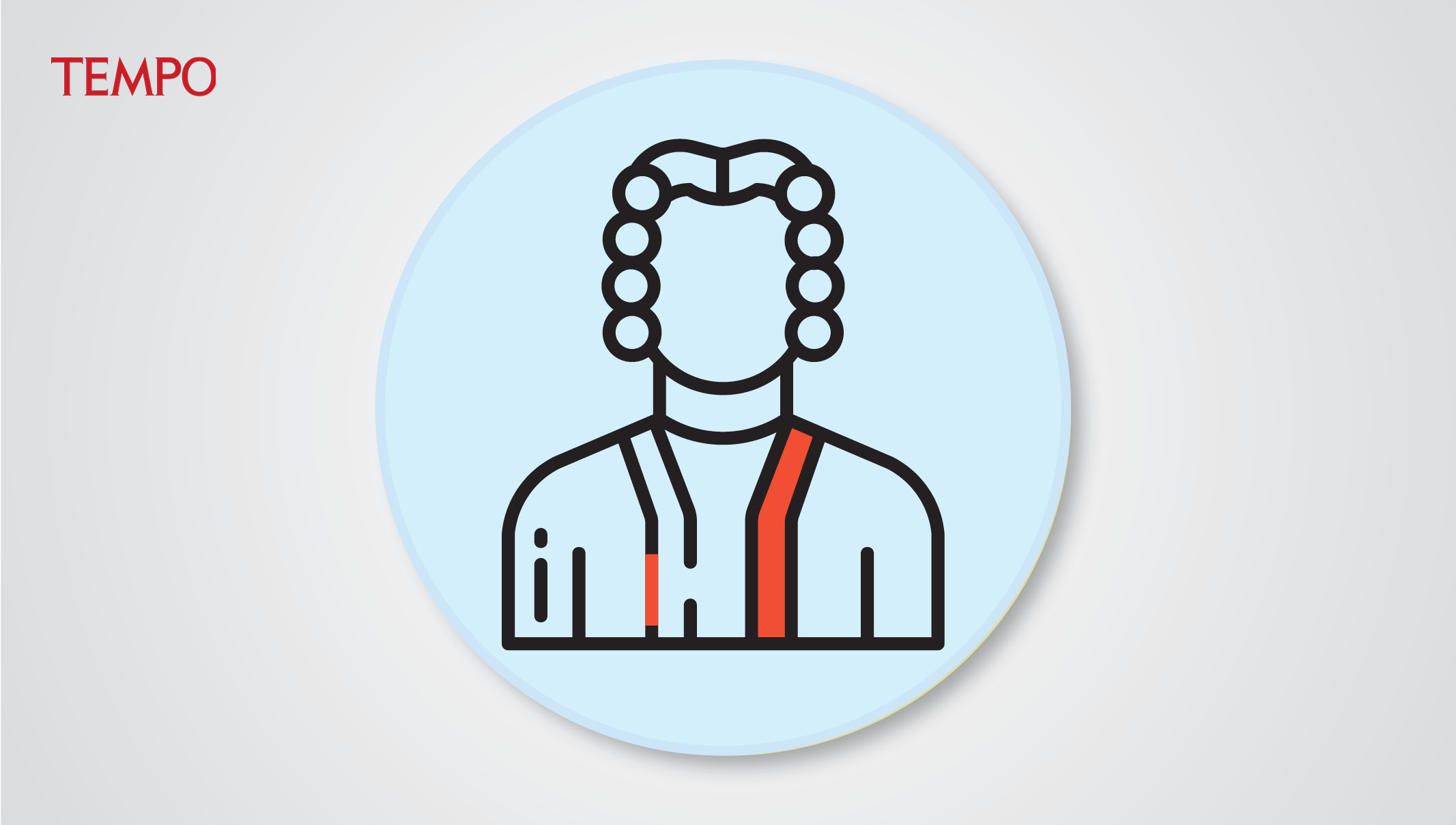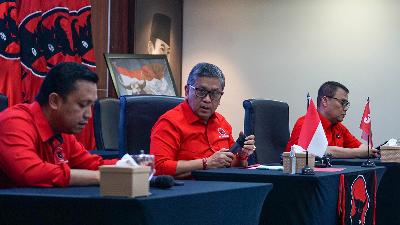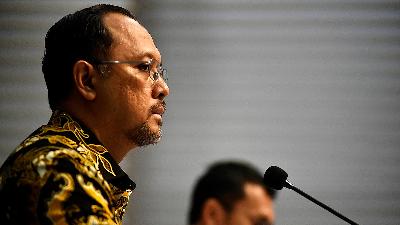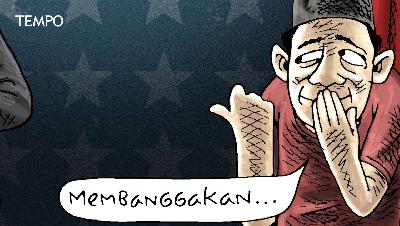The Council to Silence Members of Parliament
Monday, January 6, 2025
To the detriment of the public at large, the House of Representatives’ Ethics Council is becoming a tool to silence critics in Senayan.
arsip tempo : 174653112265.

THE House of Representatives’ Ethics Council (MKD) has changed its function, becoming a tool to silence members of the legislature. Instead of preserving the dignity of the House members as mandated by the law, this apparatus of the legislative institution is busy restricting one of the means for the parliament’s supervision power: sounding criticism against executive policies.
The target of the silencing is legislators from the Indonesian Democratic Party of Struggle (PDI-P), which has the most seats in the House. After the recess period ends on January 20, 2025, the MKD plans to examine one of the faction’s members, Rieke Dia Pitaloka. She is accused of ‘provoking the public’ to reject the 12 percent value-added tax (VAT). Her colleague, Yulius Setiarto, received a written sanction from the MKD on December 3, 2024, for posting a statement about the ‘brown party’—a reference to the police—intervening in the 2024 regional head elections.
For almost 10 years, the PDI-P was the ruling party supporting President Joko Widodo’s reign. Their faction in the House almost never spoke out against the government. Now, the PDI-P is the only major party that does not join Prabowo Subianto’s administration. It is only appropriate that politicians from that party in Senayan maintain a critical stance.
Rieke and Yulius were exercising their oversight function over the executive. Rieke’s criticism of the plan to increase VAT was also relevant because most of the public objected to it. The government eventually only raised the tax on certain categories. Yulius’ assessment of police intervention in the regional head elections was also widely discussed by the public.
The MKD’s move of silencing legislators who disagree with the government seems like a terror meant to compel them to ‘come, sit, and stay quiet.’ Depriving council members of the freedom to convey the voice of their constituents undermines the supervisory function of the institution. This is detrimental to the public because it diminishes the opportunity to have good governance.
Unfortunately, the PDI-P, which actually holds the largest authority in the House, is not all out in defending the freedom of critical speech of their own. It is not enough for them to just protest the examination of their members by the MKD. The PDI-P has representatives there, including Tubagus Hasanuddin who sits as the deputy chair. In reality, the sanctioning of Yulius and the plan to summon Rieke went on unhindered without resistance from PDI-P representative in the MKD.
The MKD should ensure the immunity rights of House members. This right protects House members from prosecution in court when giving statements or opinions in accordance with their functions, authorities, and duties. This immunity certainly does not apply in case of crimes committed by House members, including corruption. Here, the MKD should have taken a hard line to preserve the dignity of the House. In the previous term, the MKD instead acquitted a House member allegedly involved in sexual violence.
This apparatus of the House of Representatives should not become an extension of the ruler’s hand. All political parties, including the PDI-P as the ‘opposition,’ are responsible for ensuring that the House’s oversight function of the government continues. Without strict supervision, the government will be free to make any policies as it wishes.











